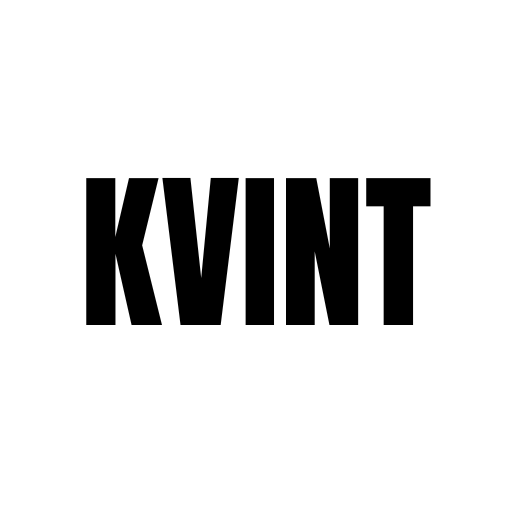“It is with deep sadness that we announce the death of Madeleine Riffaud. resistance fighterpoet, writer, journalist and war correspondent Madeleine Riffaud “, said, this Wednesday, the publisher Dupuis in a statement. “She passed away this morning, peacefully in her bed, surrounded by her loved ones,” it added.
“A heroine is gone. Her legacy: a whole century of fighting”, hailed for her part L’Humanité, for whom she covered the wars in Algeria and Vietnam. “She was a character in a novel, whose existence was interwoven with struggle, writing, three wars and a love affair”, stressed the daily.
“Nose-thumbing at fascists of all stripes
Communist Party national secretary Fabien Roussel, meanwhile, noted that Madeleine Riffaud had died “on the day of Trump’s election.” “As a final thumbing of the nose at fascists of all stripes, whom you will have fought all your life,” he wrote on X.
On August 23, 2024, her 100th birthday, Madeleine Riffaud had published the third and final volume of Madeleine, Resistance fighter (éditions Dupuis), his wartime memoirs in comic book form, with Dominique Bertail on drawings and Jean-David Morvan on script.
“I salute the memory of this heroine of admirable and exemplary courage,” reacted Culture Minister Rachida Dati in a press release, recalling that Madeleine Riffaud was also a poet and a close friend of Paul Eluard, who published her works.
“I regret having killed this man”.
Born in 1924 in the Somme, this only daughter of schoolteachers joined the Resistance at the age of 16 in Paris, where she became a liaison officer with her fellow Communists in the Francs-tireurs et partisans (FTP) medical school. She took the code name “Rainer”, in homage to the German poet Rainer Maria Rilke, to signify that she was “not at war with the German people, but with the Nazis”.
The massacre of Oradour-sur-Glane, a village of her youth decimated in June 1944, provoked her to take up arms. On July 23, she shot a Nazi officer twice in the head on the Solférino bridge in Paris. “I regret having killed that man. You were there. You were looking at the Seine. Can you be mean when you’re looking at the Seine? Maybe he was a nice guy. But that… well, that’s war,” she said.


